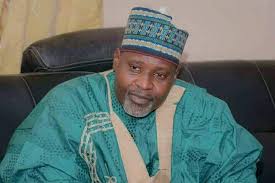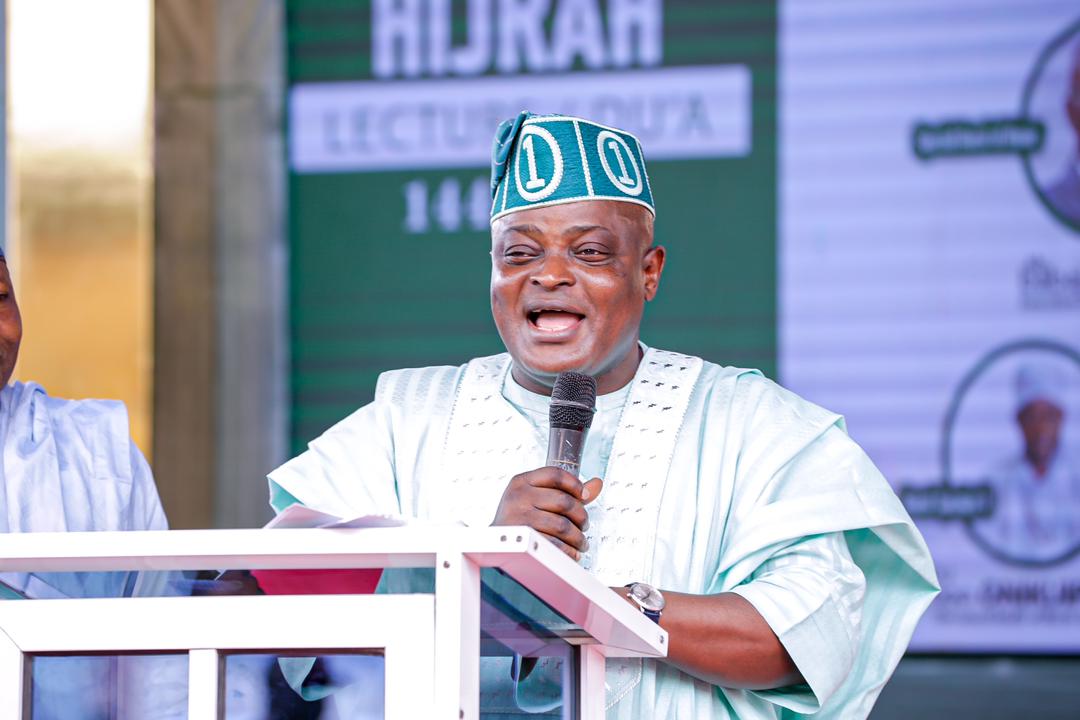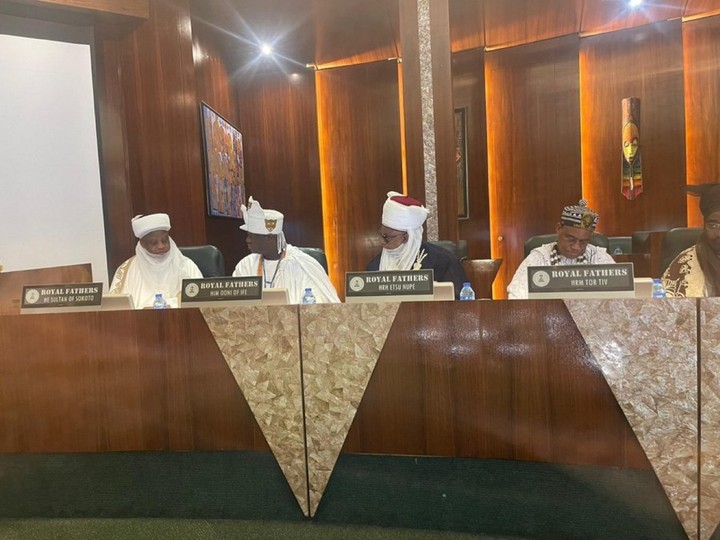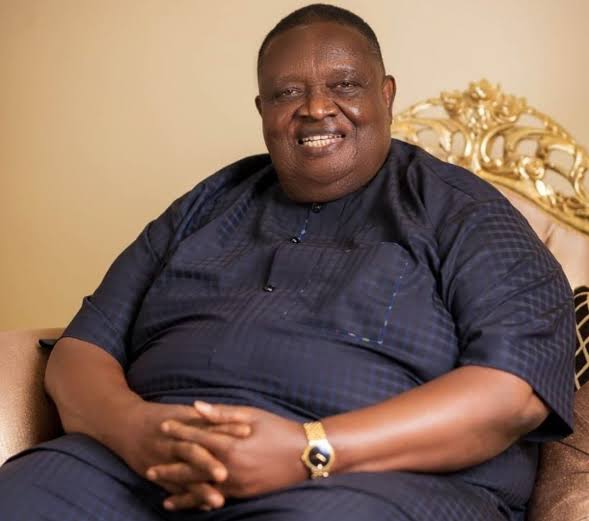*Engr. Hon. Sani Bala: A Portrait of Tireless Service*
By Ochonu William
In the bustling corridors of Nigeria’s politics and National Assembly, where ambition and dedication intertwine, where the present and future decisions of nations are decided, few figures stand out as bright as Engr. Hon. Sani Bala. A lawmaker who embodies the very essence of public service, an epitome of stewardship, and a great loyal patriotic citizen. Bala is a tireless advocate for his constituents, a loyal party member, and a dedicated legislator.
Hon Sani Umar Bala Tsanyawa born in Tsanyawa Local Government of Kano State, Nigeria, is a learned engineer, a politician, and a member representing Kunchi/Tsanyawa constituency in the Federal House of Representatives. Looking at his humble beginnings, and rise into political status, one would wonder less at the harem of marvelous portfolios in his study. These are achievements earned on sheer hardwork, resilient study, with loyal and honest dealings all through his long political walk.
Engr. Hon Sani Bala’s work ethic is unparalleled. Through regular town hall meetings, grassroots engagements, and a genuine understanding of their needs, he has formed a close bond with the people he represents. He is known for his relentless pursuit of progress and development, both within his constituency and at the national level. His constituents have come to recognize him as a representative who is always available and willing to go the extra mile. Despite the demanding nature of his role as Chairman of the House Committee on Public Service, Engr. Hon Sani Bala remains an active member of every other committee he serves on, demonstrating his commitment to contributing his expertise and efforts to various issues and policy matters.
Eng. Hon Sani is known for his fierce approach to oppression, and his thoughtful and milk approach to resolution. For the people of his Kaduna Federal Constituency, Bala is more than just a representative; his availability and accessibility have made him a familiar face in his constituency, ensuring that he remains attuned to their challenges and aspirations. He is renowned for his door-to-door campaigns, where he personally interacts with his constituents, understanding their needs and concerns firsthand. Whether it’s addressing issues of infrastructure development, education, or healthcare, Bala is a champion for their well-being. This deep connection has allowed him to effectively advocate for their interests and work towards improving their lives.
Bala’s dedication extends far beyond his constituency. As the Chairman of the House Committee on Public Service, he shoulders a heavy responsibility, ensuring efficient and effective service delivery across the Nigerian public sector. His meticulous attention to detail and unwavering commitment to reform have earned him the respect of his colleagues and stakeholders alike.
In addition to his role as Chairman of the House Committee on Public Service, Engr. Hon Sani Bala actively contributes to other committees he serves on. This multifaceted engagement showcases his broad knowledge base and his willingness to take on additional responsibilities. By actively participating in various committees, he ensures that his expertise and insights are leveraged to address a wide range of issues, contributing to the overall effectiveness and efficiency of the legislative process.
Engr. Hon Sani Bala’s loyalty to his party and the leadership of the House of Representatives is unmatched by any of his counterparts. He understands the importance of unity and cohesion within the political landscape. His dedication to the party’s principles and the leadership’s vision is evident in his actions and decision-making. This loyalty not only strengthens the party’s foundation but also fosters a harmonious working environment within the House.
In the often-turbulent world of Nigerian politics, loyalty is a rare commodity. Bala, however, is a steadfast member of his party, the All Progressives Congress (APC). He believes in the party’s vision for Nigeria and consistently works to uphold its principles. His unwavering support for the party leadership and his commitment to party unity have made him a key figure within the APC.
Bala’s dedication to service extends beyond the confines of politics. He is a passionate philanthropist, actively supporting various charitable causes. From sponsoring educational initiatives to providing healthcare assistance to the underprivileged, Bala makes a real difference in the lives of countless Nigerians, without exclusions, or a show of bigotry. He proven himself further to be a man for everybody, who belongs to no one.
In a political landscape often marred by cynicism and apathy, Engr. Hon. Sani Bala stands as a beacon of hope. He is a workaholic lawmaker who consistently demonstrates his commitment to serving his constituents. He is a living testament to the power of hard work, dedication, and unwavering commitment to public service. His immense works remains indelible in the face of time and seasons, leaving a solid foundation for the forthcoming generations to build.
His tireless efforts and commitment to serving his constituents have earned him their trust and admiration. As he continues to make significant contributions to the legislative process, his constituents can rest assured that their interests are well-represented. His story is an inspiration to aspiring politicians and a source of pride for his constituents and fellow Nigerians.
As Nigeria charts its course towards a brighter future, Engr. Hon. Sani Bala is a name that will undoubtedly be etched in the annals of the nation’s political history. He is a humble Parliamentarian with sauce, filled with merited accolades. He is a leader who not only represents his people but also embodies the very essence of what it means to be a true public servant.
Ochonu writes from Abuja.

 Business6 months ago
Business6 months ago
 Business6 months ago
Business6 months ago
 celebrity radar - gossips6 months ago
celebrity radar - gossips6 months ago
 celebrity radar - gossips6 months ago
celebrity radar - gossips6 months ago














